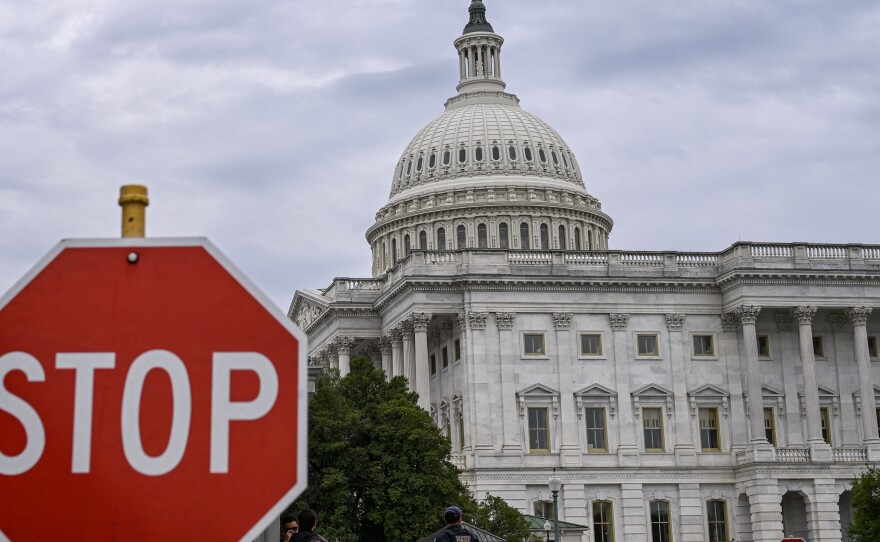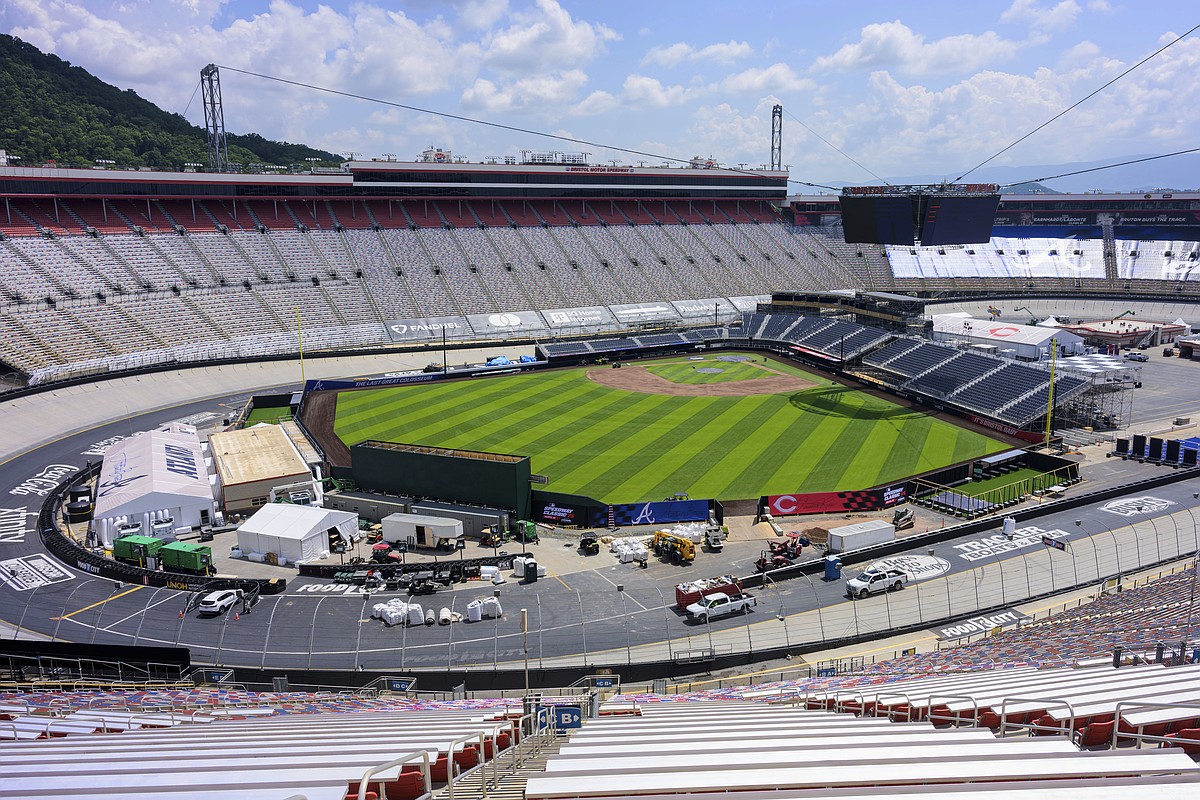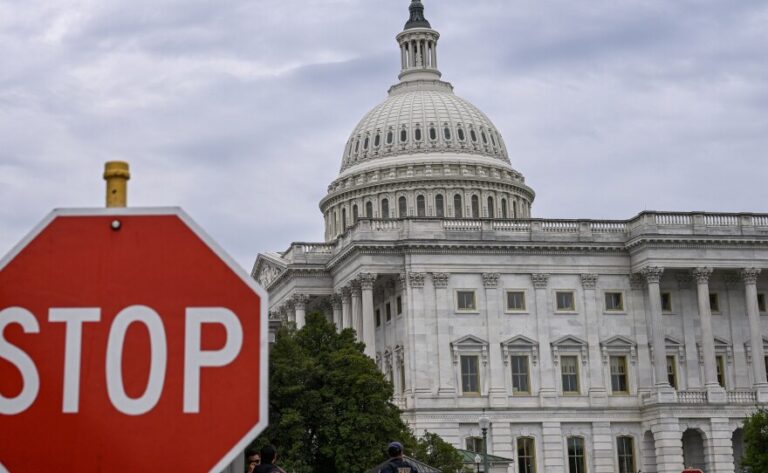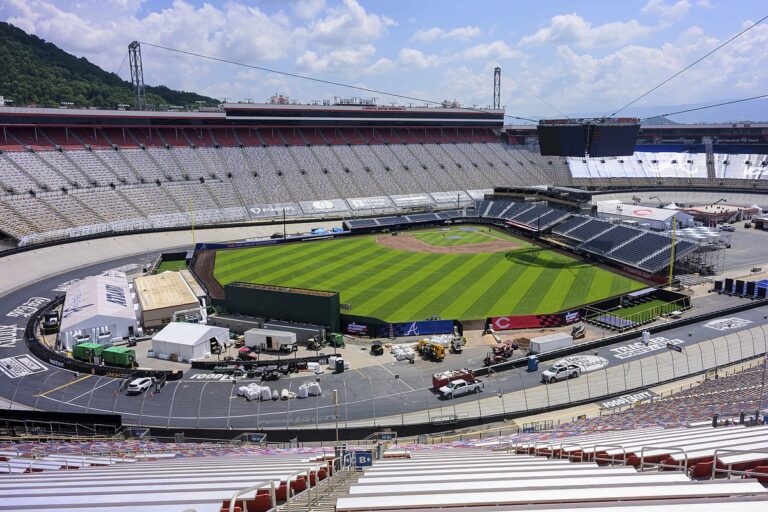Boston, MA – July 10, 2025 – Boston residents are experiencing typical summer weather conditions today, with temperatures in the low 70s and partly cloudy skies, a stark contrast to the extreme heat wave that gripped the city just two weeks ago.
According to the National Weather Service, Boston recorded a temperature of 70°F on July 10, with humidity levels remaining moderate and comfortable.
The current conditions mark a significant change from the historic heat wave that struck the region in late June.

Record-Breaking June Heat Wave
The late June heat wave made history when Boston reached 102 degrees on Tuesday, June 24, topping its previous 100-degree June record. This marked the first time Boston hit triple digits since July 24, 2022.
The extreme temperatures prompted Boston Mayor Michelle Wu to declare a heat emergency for the city.
The National Weather Service issued extreme heat warnings as heat index values reached up to 110 degrees, pushing conditions into the danger zone for outdoor activities.

Impact on Infrastructure and Daily Life
The June heat wave strained the city’s infrastructure and resources. Officials across the eastern half of the U.S. urged people to prepare and take precautions to prevent heat-related illnesses.
Cooling centers were opened throughout Boston, and special accommodations were made at venues like Fenway Park, where concertgoers were allowed to bring water bottles and personal fans.
The extreme heat also impacted power grids, with energy companies working to meet increased demand from air conditioning usage.
Current July Weather Patterns
As we move through July 2025, Boston is experiencing more moderate summer conditions. July in Boston typically sees average temperatures around 73°F (22.8°C), with highs reaching up to 82°F (27.8°C).
The National Weather Service reports that current conditions include partly cloudy skies with comfortable humidity levels.
This return to normal summer weather has provided relief to residents and allowed outdoor activities to resume safely.
Historical Context
The June 2025 heat wave joins a notable list of extreme weather events in Boston’s history. The hottest temperature ever recorded in Boston was 104 degrees on July 4, 1911.
The recent 102-degree reading tied previous June records set in 2021, 1952, and 1925.
Climate data shows that while summer heat waves are not uncommon in Boston, the intensity and early timing of the June event were particularly noteworthy.
Looking Ahead: July Forecast
Weather forecasters predict that July will continue with more typical summer patterns. Boston experiences an average of 10.6 hours of sunshine per day in July, making it one of the sunniest periods of the year.
The extended forecast shows temperatures remaining in the comfortable 70s to low 80s range through mid-July.
Occasional afternoon thunderstorms are possible, which is typical for New England summers.
Safety Reminders for Summer Weather
As Boston continues through the summer season, health officials remind residents to stay prepared for potential heat events:
Stay hydrated by drinking water regularly throughout the day, even before feeling thirsty.
Limit outdoor activities during peak sun hours between 11 a.m. and 4 p.m.
Wear light-colored, loose-fitting clothing to stay cooler in warm weather.
Check on elderly neighbors and ensure pets have adequate water and shade.
Climate Trends and Future Outlook
The extreme June heat wave has renewed discussions about climate patterns and urban heat management. A total of 2,800 high temperature records were set during the heat wave across the eastern United States.
City officials continue to evaluate and improve heat emergency response plans to better protect vulnerable populations during future extreme weather events.
Boston’s climate action plans include increasing green spaces and improving building efficiency to help mitigate urban heat island effects.

Resources for Weather Information
Residents can stay informed about current weather conditions through several local resources:
The National Weather Service Boston office provides detailed forecasts and warnings at weather.gov/boston.
Local news stations including WCVB, WBZ, and WHDH offer regular weather updates.
The City of Boston’s official website lists cooling center locations and heat emergency resources.
Weather apps and services provide real-time updates and alerts for changing conditions.
Conclusion
As Boston moves through July 2025, the city has returned to more typical summer weather patterns following the historic June heat wave.
While current conditions are comfortable, the recent extreme weather serves as a reminder for residents to stay prepared and informed about weather conditions.
With proper preparation and awareness, Bostonians can safely enjoy the summer season while remaining ready for any weather challenges that may arise.














